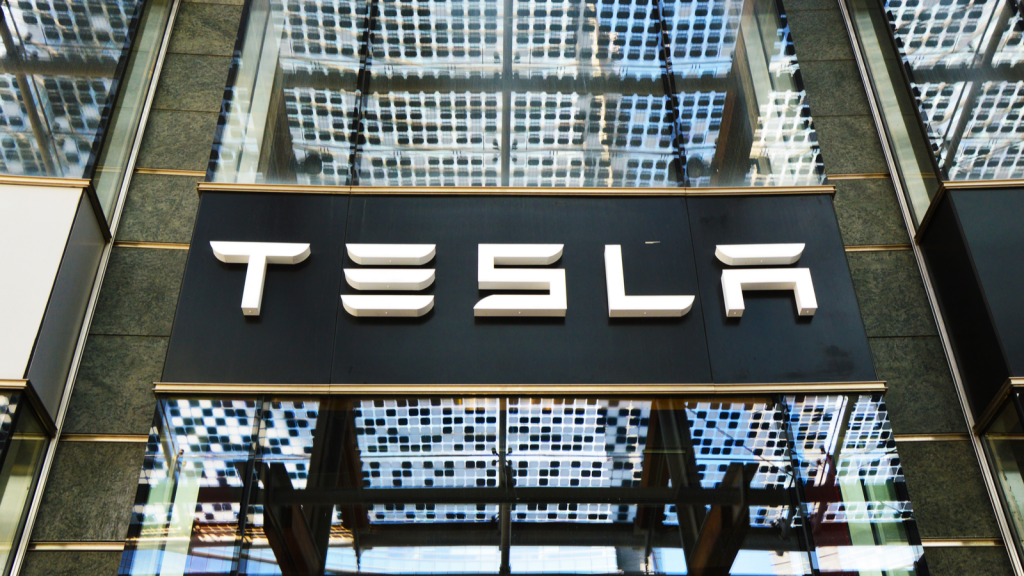2023 will, I believe, be a turnaround year for electric vehicle (EV) manufacturer Tesla (NASDAQ:TSLA). The company’s delivery figures in China indicate growth and resilience. TSLA stock investors should also know that new tax credits are a big win for a number of automakers, including Tesla.
It’s no secret that Tesla had encountered problems over the past 12 months. The company’s shares lost one-third of their value, effectively turning a $1,000 investment into roughly $660. Hence, Tesla’s shareholders discovered that no company can be a darling of the market forever.
However, if you’ve been waiting for a share-price dip, now’s your chance to get in. Whether you’re a fan of CEO Elon Musk or not, there are reasons to stand by Tesla and hold your shares for the next year or longer.
Data from China Has Positive Implications for TSLA Stock
It’s funny how the market doesn’t always appreciate a perfectly valid strategy at first. Sometimes, it just takes time for investors to see the positive results, and then the skeptics can be converted into fans.
In early January, Tesla reduced some of its vehicle prices in China. That same day, TSLA stock plunged 7.1% and hit a new 52-week low.
Fast forward to early February when the China Passenger Car Association announced that Tesla shipped 66,051 vehicles from its Shanghai-based production plant in January. That’s up 18% versus the number from December 2022 and up 10% compared to January 2022’s number.
This is even more impressive because China experienced an overall decline in EV sales in January. Thus, TSLA stock investors should now understand that Tesla’s once-misunderstood strategy appears to be working well.
New Tax Credits Are Great News for Tesla
Meanwhile, in the U.S., the Treasury Department just disclosed that it will make more Tesla, Ford (NYSE:F), General Motors (NYSE:GM) and Volkswagen (OTCMKTS:VWAGY) EVs eligible for tax credits of up to $7,500. Per Reuters, the Treasury’s announcement “allows vehicles automakers consider crossover SUVs to qualify for credits.”
While Tesla obviously isn’t the only winner here, TSLA stock investors should be very pleased with this development. Under the Treasury’s new guidelines, the retail price cap for Tesla’s five-seat Model Y to be eligible for tax credits will be raised from $55,000 to $80,000.
Interestingly, Reuters reports that “Musk raised the issue with White House officials during a meeting last week.” Is it possible that the Tesla CEO is having an influence on government policy? It’s worth considering, especially if you’re thinking about investing in Tesla.
What You Can Do Now
Tesla’s shareholders have a lot to celebrate. For one thing, there’s the positive data out of China. Then, there’s the favorably revised U.S. EV tax credit policy.
So, don’t fret because a $1,000 investment in TSLA stock was cut by one-third. Positive catalysts indicate a potential turnaround, allowing Tesla’s loyal investors to get back to breakeven and beyond.
On the date of publication, David Moadel did not have (either directly or indirectly) any positions in the securities mentioned in this article. The opinions expressed in this article are those of the writer, subject to the InvestorPlace.com Publishing Guidelines.
